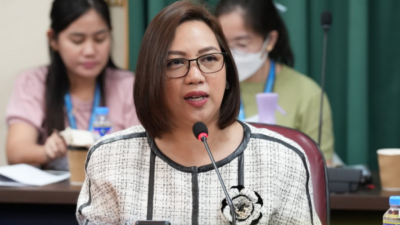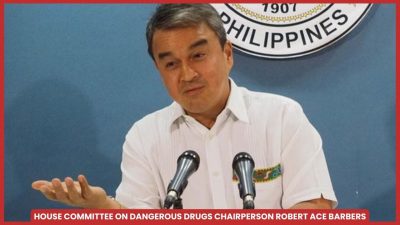Senator Jinggoy Ejercito Estrada is urging the Senate to conduct an inquiry into the alarming surge of counterfeit celebrity endorsements and deceptive social media posts related to the advertisement and sale of unregistered food and drug products.
Estrada has filed Senate Resolution No. 666, highlighting the risks these scams pose to unsuspecting consumers.
He raised concerns about the proliferation of online marketing materials, as well as fake pages or accounts that promote unregistered products, using the names and images of local personalities and celebrities.
These misleading advertisements falsely suggest that these celebrities are endorsing and using food and medicinal products that have not been registered or approved for widespread distribution and public consumption by the appropriate health authorities.
According to Estrada, the influx of fraudulent medical remedies on social media platforms reaches and is shared by thousands of consumers, providing them with inaccurate and false information about the effectiveness, quality, and safety of food, drugs, and health products.
“The circulation and spread of deceitful online advertisements clearly violate the Consumer Act, which penalizes the dissemination of deceptive and misleading sales promotion practices,” he emphasized.
Estrada cited reports regarding alleged endorsements by Dr. Willie Ong, a popular internist, and cardiologist on social media, who was associated with a “miracle food” in the form of mixed nuts.
He also mentioned the case of Dr. Tony Leachon, whose name and images were exploited to imply his personal endorsement of a product claiming to cure diabetes.
“There is an urgent need to protect consumers from consuming unregistered and potentially harmful food and health products by strictly enforcing the provisions of the Consumer Act and regulating fraudulent advertisements on social media platforms,” stated Estrada.
The experienced legislator also acknowledged the necessity of identifying and addressing potential loopholes in the existing laws and regulations of the country.
He stressed the importance of updating these provisions, considering the extensive use of social media platforms and cyberspace, as well as the alarming prevalence of maliciously manipulated images, spliced videos, and fabricated statements in the promotion of food and health products. (ai/mnm)







